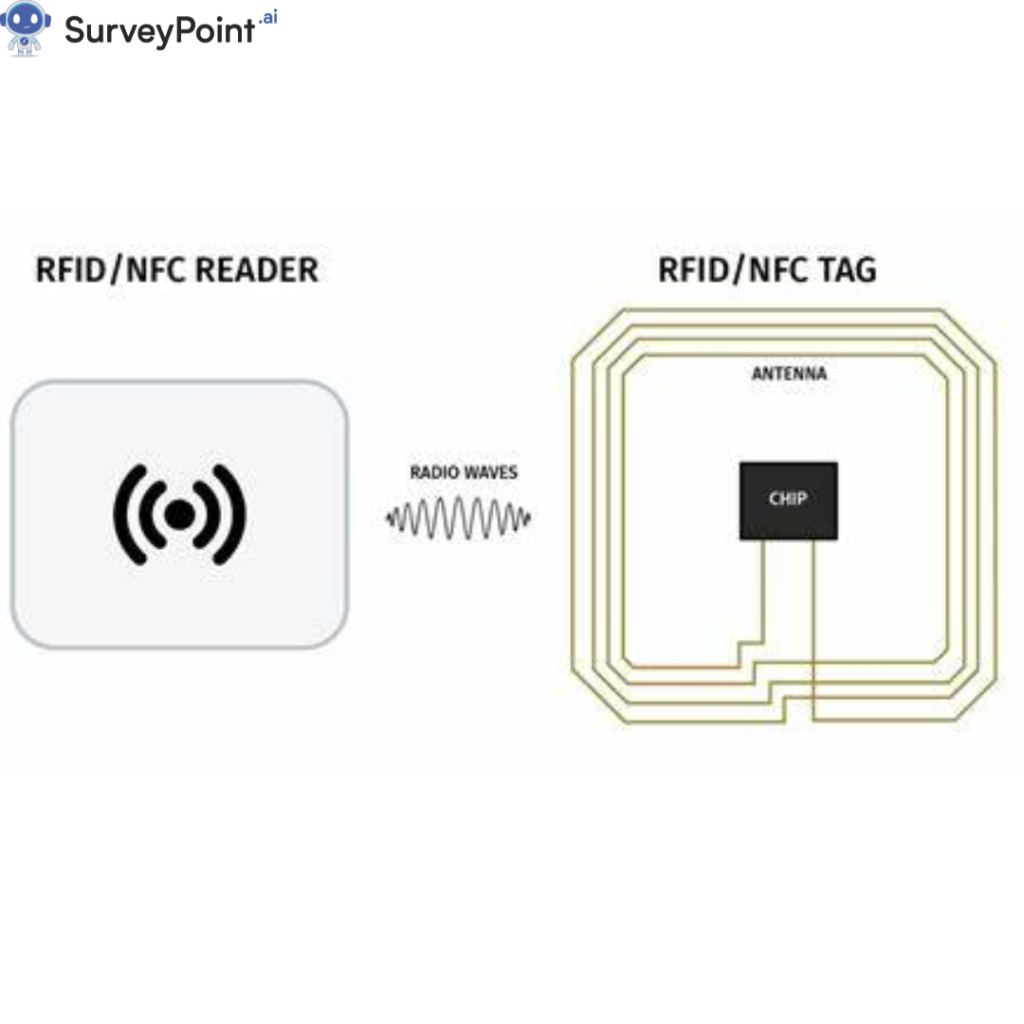
What does an interview scenario look like? The interview panel sits around the corner, waiting for the next candidate to appear while doing post-interview evaluation on the previous ones, only to find their perfect match.
While they check the conducted interviews, disappointed and wondering whether or not they will find their ideal candidate, a young lady enters with confidence and a broad smile.
Her body language and determination was the first thing that caught the interviewer’s mind, and thus began the interviewing process. It is not easy being an organization’s human resource executive or manager; hence, here is a guide to help you select the best.
Steps Involved in Post-Interview Evaluation of Candidates
Post-interview evaluation helps the hiring manager make informed hiring decisions, eventually leading to the most suitable candidate joining the company.
Let’s look at some of the steps involved in the evaluation process:
- Consider Candidates Skills
In the post-interview process, assessing a candidate’s skills is crucial. As a hiring manager, you should focus on assessing soft and hard skills.
Your first preference should be given to people with skills matching the job requirements, and look for people with the technical skills required for your role. It could be a specific skill, study, or research. At the same time, soft skills should be considered since it will be required for the candidate to communicate with peers and other departments.
- Check Candidates Experience
Once the skills have been evaluated, it is time to check their professional experience. The best way to evaluate is by checking how their previous experience matches their current job responsibilities. Experience helps in identifying whether the candidate can fit the role. For instance, someone with fewer years of work may not be capable of handling a senior-level position.
Hence, experience matters the most. While experience is necessary, do not forget to look for accomplishments. If the candidate has received awards and applause in the previous role, check if it can be aligned with your current position.
- Focus on Educational Qualifications
The role you may be hiring for may require a specific educational qualification or special training requirements. Therefore, focusing on academic qualifications becomes necessary. Some fields, like engineering or health care, may require the candidate to possess special skills, which can be reflected in their educational background.
Additionally, look for academic excellence in this point as well. Check for their merit scores, grades, and other remarkable achievements that may be helpful in your open position. Similarly, remember to check for additional training if they may have done so. It is especially needed if hiring for a technical profile. You can look for different certifications such as Agile, Scrum Master, PMP, and others.
- Check for Salary Expectations for Post-Interview Evaluation
Just like the organization has a salary bracket, a candidate also has salary expectations. Once you have checked for skills and educational qualifications, consider the candidate’s salary expectations. Compare what they are asking for and whether your company has that budget.
If the candidate is great and highly qualified, consider raising your salary budget to hire that candidate. Whereas at times, you may also want to negotiate a salary with the candidate if the budget is low.
- Look for Cultural Fit
There is one thing about a great candidate, and the other is whether they will fit your company’s atmosphere. One of the most critical post-interview evaluations is whether the candidate is a cultural fit for your company.
Check whether they can contribute to your company’s goals, mission, and vision. Look for their communication style, personality, openness, maturity, and adaptability, and check how well they will adjust to your existing employees.
- Analyze Candidates Responses
It will be a great idea to analyze their answers if you have had a questionnaire round during the interview. Their response will offer much information about their motivation and ability to succeed.
Even if you are taking a verbal interview, note what the candidate says and use it during the post-interview evaluation process. When you compare the responses of multiple candidates, you can hire the best candidate from the lot.
- Verification of References
The best way to learn about a candidate is through verification of their references. Check with previous employers to get the candidate’s feedback. If every reference gives a favorable review, the candidate is a good hire.
If you find mixed feedback about the candidate, you may want to rethink hiring them.
- Confirm the Joining Expectations
The notice period plays a vital role during the candidate’s evaluation process. If you have a tight hiring schedule and an urgent requirement, you may want to hire someone with a shorter notice period or an early joining time.
Also, it is when you should also discuss your company’s expectations. It would be best to inform the candidate about the training and onboarding period and whether or not any leaves are allowed in the initial joining phase.
- Discuss the Profile with Your Peers
Even though you may be hiring the candidate for your profile, there is no harm in getting a second opinion. You can discuss the candidate’s profile with your peers or managers to get an unbiased view of the candidate.
Include the departments your candidate may have to deal with after joining the company. At times, second opinions or discussions can help you discover positives and negatives you may have missed.
Why is it Important to go for Post-Interview Evaluation?
Many people might be confused about the purpose of the post-interview evaluation. There are many reasons why an organization is involved in such discussions or evaluations. Some of them are:
- The post-interview evaluation process can help select and hire the best candidate from all those available.
- You will be able to determine during the evaluation process whether the candidate needs to be trained from scratch or will be able to bring something with them.
- A thorough evaluation process, especially at senior profiles, enables the management to go for a candidate that can personally succeed and help their approach succeed.
- A detailed evaluation process often saves an organization’s time and resources while avoiding the need to re-hire for the same position.
Conclusion
It is never simple to choose from a large pool of applicants, schedule interviews, and conduct them. Similarly, the entire interview process is overwhelming for candidates and hiring managers. Hence, post-interview evaluation allows the hiring team to revisit and compare the profiles for the best hires.
Remember to discuss and reevaluate the profile multiple times before selecting the final one.




